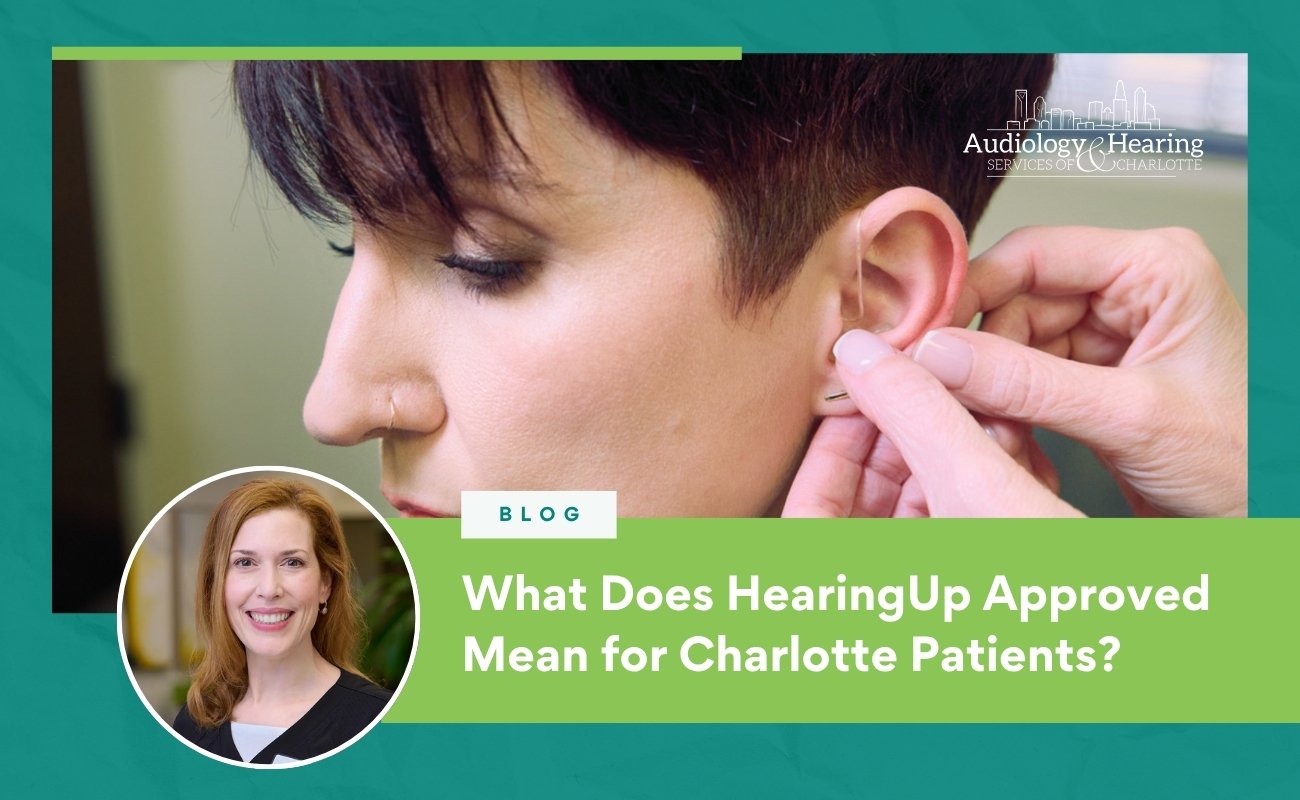
How Teachers Can Help Students With APD Learn More Effectively

Teaching a classroom full of children with different needs and learning abilities is always a challenge.Teaching students with auditory processing disorder (APD) requires its own level of understanding and unique educational strategies. Early diagnosis is key for proper treatment of the disorder – Audiology & Hearing Services of Charlotte offers APD evaluations to identify this often missed or misdiagnosed condition.
What is APD?
APD is an auditory disorder – rather than a speech, cognitive or language one – that affects approximately 5% of students. Youth with APD are not able to process speech the same way other children do – the sounds are interfered with as they pass from the ears to the brain.Although these students are typically able to hear sounds in a quiet setting, in environments with background noise – such as a classroom – they struggle to differentiate between small differences in words’ sounds. Although it is possible to have APD along with learning disabilities such as attention deficit hyperactivity disorder (ADHD), they are different conditions.
Symptoms of APD
There are many different forms of APD, affecting children differently, but there are several things to look for in a child:
- Trouble following directions, both simple and more complex
- Difficulty with spelling, reading or writing
- Get upset in noisy environments
- Easily distracted or greatly affected by loud noises
- Conversations are hard for them to follow
What Does APD Mean for Teachers?
Students with APD may be affected in a number of ways that affect their performance in class:
- Memory difficulty: May have trouble remembering lists, directions or study materials. Memory may be affected immediately or later when they need to recall it.
- Auditory figure-ground issues: Has difficulty paying attention in the presence of background noise. May do better in quieter, more structured classroom setting.
- Attention problems: May struggle to focus on listening long enough to understand and complete tasks.
- Auditory discrimination difficulty: Has trouble differentiating between similar words/sounds (part/cart or sounds like ch/sh).
- Auditory cohesion issues: Higher-level listening tasks may pose problems. The ability to make inferences from conversation, understanding verbal math problems, or solving riddles may be problematic.
Dealing With APD in the Classroom
If you have a student(s) with APD, try the following to improve their learning experience:
- Have them write down assignments and requests – staying organized may curb frustration
- Have them sit toward the front of class
- Reduce background noise as much as possible
- Allow them to work on assignments and tests in a distraction-free location
For more information about how Audiology & Hearing Services of Charlotte can help diagnose and treat APD, call 704-412-7975 or schedule an appointment online

Melissa Karp is a board-certified audiologist with special expertise in tinnitus treatment, auditory processing disorder (APD) evaluation, hearing aid fitting and aural rehabilitation.

Related blog posts
Contact us
Get in Touch
Ready to start your journey to better hearing?



Charlotte, NC 28226



